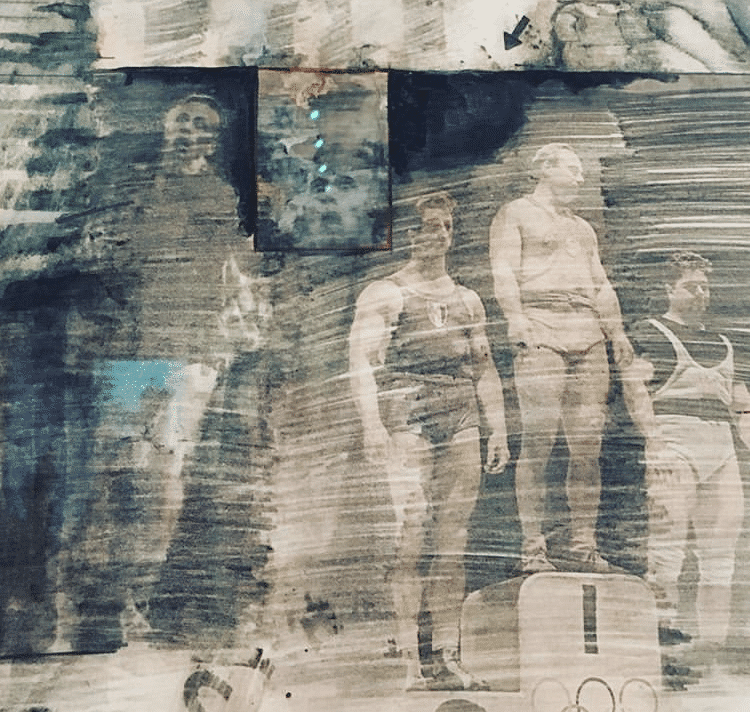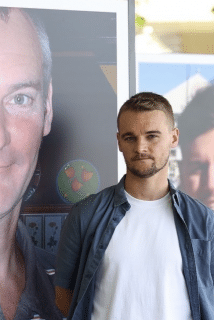Suicide rate rises – what can be done?
Mental Health
Troubling statistics have been released by the Office of National Statistics which are serving as a shocking reminder of the work that still needs to be done in suicide prevention.
Disturbing news arrived yesterday in a new spike in the suicide rate, which is a shocking reminder of the mental health crisis in the UK and demands genuine action be taken.
The Office for National Statistics data reported that in 2018 there were 11.2 deaths from suicide per 100,000 people which is up up from 10.1 in 2017.
The ONS found three-quarters of deaths from suicide registered in 2018 were of men, with 17.2 deaths from suicide per 100,000, which is up from 15.5 per 100,000 in 2017.
Those in their late 40s remain the age group with the highest suicide rate, but young men aged 20-24 and those aged 80-84 saw significant increases.
A significant rise was also seen among young girls and women aged 10 to 24.
The rate of suicide in the UK in 2018 was significantly higher than 2017. This is the first increase since 2013 https://t.co/S3Hc4DM3l7 pic.twitter.com/uYjXth2L2j
— Office for National Statistics (ONS) (@ONS) September 3, 2019
Some of the key issues that need addressing in the light of this are:
- Funding and systemic overhaul for people stuck on long NHS waiting lists for mental health support.
- Societal & cultural evaluation of the way young people are supported with their mental health. Such schemes as the Diana Award‘s Anti-Bullying Ambassadors need to be adopted at every school. The Diana Award recently revealed a study showing at least two people in every class have contemplated suicide because of bullying.
- Genuine support for men and evaluation of the way they deal with mental health problems.
As a men’s site, the fact male suicide continues to be so high is of particular concern to us. Clearly there is a lot of work still to be done, to add to the brilliant work of charities like CALM, grass roots organisations like Andy’s Man Club, and campaigners like Jonny Benjamin…
https://twitter.com/MrJonnyBenjamin/status/1168973738731327490
We are absolutely with Jonny here – it is indeed an emergency, and needs to be taken seriously at a government level. While we now have a Suicide Prevention Minister in the UK, as a result of Theresa May taking some action last year after the campaigning of CALM and Ben West, there clearly needs to be serious money put into mental health support services. With all of our futures seemingly in the balance, tough economic times, and the pressures of the digital age – with its emphasis on the display of the Self, and potential feelings of lack in that regard – there needs to be a strategy in place which puts the quality of life of this country’s people at the forefront.
Writing on the organisation’s website, the CEO of CALM, Simon Gunning, commented: “Last year we proudly petitioned for the implementation of a new minister with specific responsibility for suicide prevention, which was answered with an appointment in October 2018. Whilst this was a great first step, we need to see more direct action and we welcome any opportunity to work with key decision makers in an attempt to change the picture around suicide in the UK.
We have seen commitments and improvements in recent years aimed at reducing the rate of suicide. While these have been positive steps, clearly it is not enough. We need greater prevention measures across the board, and we need that now. We urgently need to build services and systems that enable people to access hope and practical support when they need it. It is time to make change tangible, so that fewer people get to a stage in which suicide is their only option.”
Next week, Sept 10th, is World Suicide Prevention Day and it has particularly urgency around it in the light of the ONS figures. The people behind WSPD are this year looking at it as ‘Working Together to Prevent Suicide’. This is about educating yourself on the issues involved, including the ways to identify the risks in the people around you, but also how to spark action in the businesses and organisations you are involved in. It is important that we all educate ourselves and lend our voices in this regard on Tuesday, and beyond it. As the WSPD say, “It takes work to prevent suicide.” Suicide is a terrible tragedy which affects so many lives even beyond the immediate families of those lost – but it is preventable. In the intersections of the myriad causes and circumstances that fuel individuals hitting crisis point, there some key areas in which we can all play a role. For more on that, here is a link to the World Suicide Prevention Day 2019 brochure.
Follow the latest updates on the day here:
Today #IASPinfo is launching 40 day campaign encompassing both #WSPD2019 and #WorldMentalHealthDay https://t.co/Xwpi1UmZHw
— International Association for Suicide Prevention (@IASPinfo) September 1, 2019
And also follow the work of CALM:
"This report highlights the scale of the issue and brutally illustrates that it is not going away. Now more than ever, we must acknowledge this and act with urgency.”
We react to today's ONS UK suicide statistics. https://t.co/fw0WH3aIgT
— CALM (@theCALMzone) September 3, 2019
And Samaritans:
For the first time in five years, the suicide rate in the UK has increased, with 686 more deaths than the previous year according to @ONS figures released today. pic.twitter.com/kD8aFyuoOQ
— Samaritans (@samaritans) September 3, 2019
If we are to bring down the statistics in the coming years, we must all work together. And when it comes to men, changing our perceptions of the way men should deal with stresses in life, and exemplifying new behaviours of opening up and being there as encouraging listeners, is crucial if we are to prevent more reaching a point of no return.

Join The Book of Man
Sign up to our daily newsletters for the latest from the frontline of modern male issues.


















